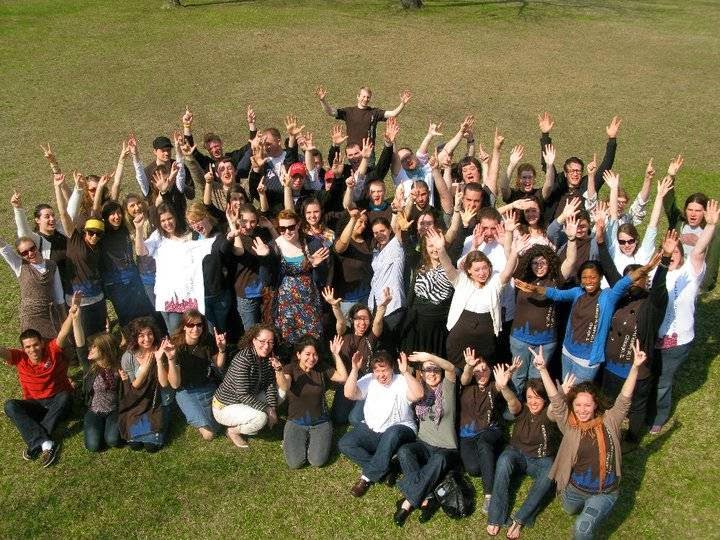Abstract.Despite the rise in popularity of online sites that are dating small is famous about what happens when internet dating lovers decide to communicate offline.
Drawing upon the modality switching viewpoint, the present research evaluated a nationwide test of online daters to ascertain whether face-to-face (FtF) relational results might be predicted by the quantity of online communication before the initial FtF conference. Outcomes had been in line with the curvilinear that is hypothesized involving the number of online interaction and perceptions of relational communications (closeness, composure, informality, social orientation), forecasts of the future regarding the relationship, and information looking for behavior when fulfilling their partner FtF. The outcomes offer help for the modality switching viewpoint, and provide essential understanding for online daters.
As soon as stigmatized as rife with deception and desperation, online dating sites services such as for instance are becoming popular venues for grownups to meet up prospective partners that are romantic. Information through the PEW Web and Daily Live project reveals that 11% of online grownups, and 74% of single grownups looking for romantic relationships purchased a online dating sites solution ( Madden & Lenhart, 2006). As of 2012, Match.com october reports this 1 in five brand brand brand new relationships, and another in six new marriages happen between lovers whom came across making use of a internet dating solution. Offered its prevalence, scientists are trying to know how online differs that are dating old-fashioned procedures of partnership development (for an evaluation, see Finkel, Eastwick, Karney, Reis, & Sprecher, 2012). Many research has conceptualized internet dating utilizing the frameworks of self-presentation ( Ellison, Heino, & Gibbs, 2006; Ellison, Hancock, & Toma, 2011; Whitty, 2008), or self-disclosure/uncertainty decrease ( Gibbs, Ellison, & Lai, 2011). This literature provides understanding that is excellent of different facets linked to impression administration and deception/honesty in internet dating, yet it is restricted towards the scope of profile construction and interpretation. Minimal is well known regarding exactly exactly what does occur when lovers elect to fulfill one another face-to-face.
Online dating services foster initial interaction between prospective intimate partners. As soon as initial contact happens to be established, partners must see whether to pursue other forms of interaction not in the dating website. Even though some online daters take part in a drawn out means of mediated courtship, many would rather fulfill possible lovers face-to-face (FtF) reasonably quickly after the communication that is initial. Certainly, 65% of online daters in Whitty and Carr’s ( 2006) study reported organizing FtF conferences within seven days of these initial encounter that is online. This meeting is essential because it provides extra cues which could either enhance or diminish online daters’ perceptions of each and every other ( Finkel et al., 2012), and as a consequence assists daters assess their offline connection potential ( Whitty, 2008).
It continues to be unknown, nevertheless, whether different facets relevant towards the ragelationship that is onlinee.g., quantity of online discussion) impact the relational interaction that develops as soon as partners meet FtF.
The entire process of transitioning from online communication to offline connection happens to be analyzed underneath the label of modality switching (MS) ( Ramirez & Zhang, 2007; Ramirez & Wang, 2008). The modality switching viewpoint shows that online partners who meet offline might experience different results based upon the total amount of time and online interaction preceding the first FtF conference. analysis reveals that MS contributes to reduced uncertainty and much more good results within short-term online partnerships, yet frequently provokes uncertainty and much more negative results by breaking the objectives of long-lasting online lovers ( Ramirez & Zhang, 2007; Ramirez & Wang, 2008). This viewpoint happens to be tested very nearly exclusively when you look at the context of experimental partnerships, yet it will offer a helpful lens for examining the context of online daters who switch modalities by meeting offline.
